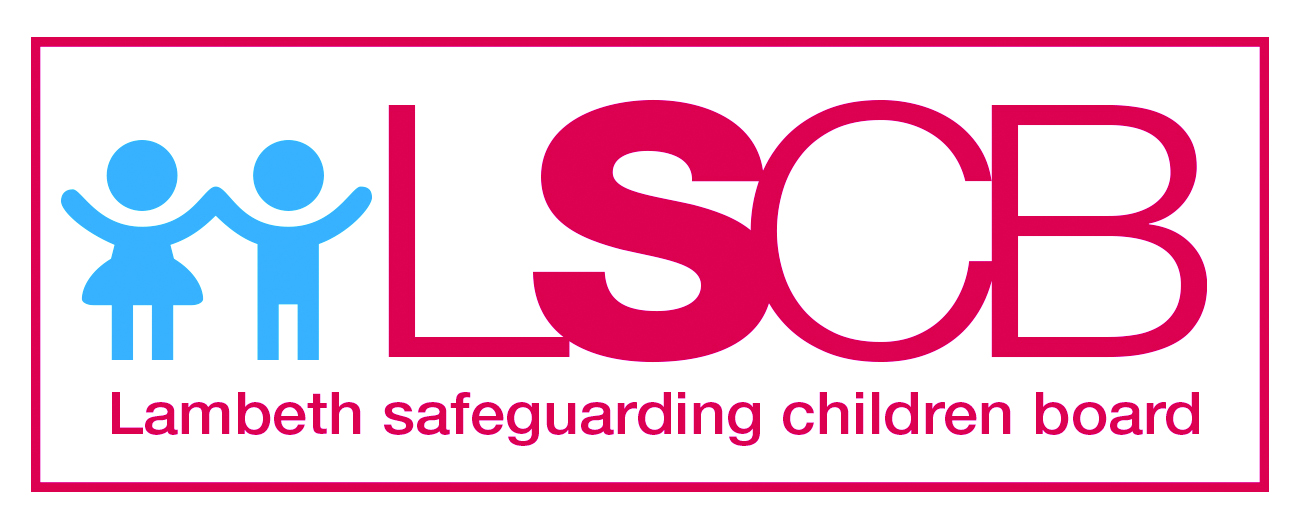What is abuse or neglect

Child abuse is any action by another person – adult or child – that causes significant harm to a child. It can be physical, sexual or emotional, but can just as often be about a lack of love, care and attention which is neglect. We know that neglect, whatever form it takes, can be just as damaging to a child as physical abuse.
An abused child will often experience more than one type of abuse, as well as other difficulties in their lives. It often happens over a period of time, rather than being a one-off event. And it can increasingly happen online.
Children and young people may be abused in a family, institutional or community setting; by those known to them or, more rarely, by a stranger.
Types of abuse:
Physical abuse: may involve hitting, shaking, throwing, poisoning, burning or scalding, drowning, suffocating, or otherwise causing physical harm to a child, including by fabricating the symptoms of, or deliberately causing, ill health.
Emotional abuse: persistent emotional ill-treatment of a child such as to cause severe and persistent adverse effects on the child’s emotional development. It may involve conveying to children that they are worthless or unloved, inadequate, or valued only insofar as they meet the needs of another person, age or developmentally inappropriate expectations being imposed on children, causing children frequently to feel frightened, or the exploitation or corruption of children.
Sexual abuse: involves forcing or enticing a child or young person to take part in sexual activities, whether or not the child is aware of what is happening. The activities may involve physical contact, including penetrative or non-penetrative acts. They may include involving children in looking at, or in the production of, pornographic material, or encouraging children to behave in sexually inappropriate ways.
Neglect: persistent failure to meet a child’s basic physical and/or psychological needs, likely to result in the serious impairment of the child’s health or development, such as failing to provide adequate food, shelter & clothing, or neglect of, or unresponsiveness to, a child’s basic emotional needs.
The Threshold chart and guidance in 'Resources' below can help professionals identify the threshold of need of a particular child or young person and what services to provide for them.
If you are worried about a child, contact the First Response Team:
- Professionals' Line: 020 7926 3100
- Public Line: 0207 926 5555 (24 hours)
- Email: dutymanager@lambeth.gov.uk
If you are a professional, please also follow up your referral in writing by filling in the Multi-Agency Referral Form (MARF) on the Lambeth council website and forward it to the email address above.
If a child is at immediate risk of significant harm, please dial 999
Resources
Multi-Agency Referral Form (MARF) on the Lambeth council website.
Read more about child abuse and neglect on the NSPCC website.

